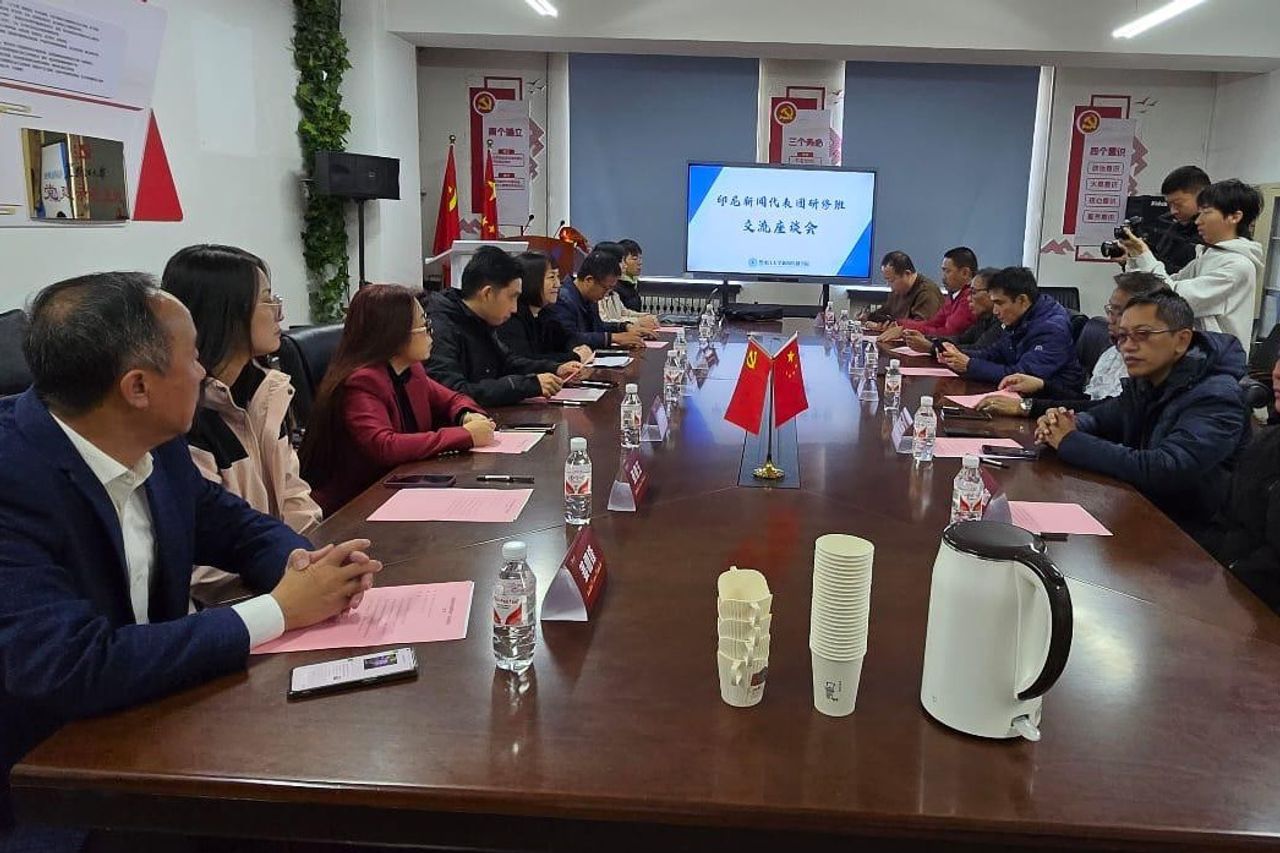PWI Collaboration And Helongjiang University, Exploration Of The Future Of Journalism

JAKARTA - The Indonesian Journalists Association (PWI) and the Indonesian Cyber Media Network (JMSI) held an in-depth discussion with professors from the University of Heilongjiang in Harbin, Heilongjiang Province, China, on October 15, 2024. The main topics discussed are the challenges of journalism in the digital era and technological disruption.
In this discussion, the Treasurer of the Central PWI, Mohammad Nasir, emphasized the importance of paying attention to the academic world which is the main source of media labor. We need to see directly into the journalism campus, not just monitoring the problems facing the media," Nasir said in a statement in Jakarta, Tuesday, October 22, after a visit from China. This visit is part of a series of PWI and JMSI trips to China on October 14-20, 2024.
The Importance Of Lecturer Activities On Social Media
One of the important points in the discussion that took place in 742 Huiwen Building, Helongjiang University, is the obligation of lecturers to be active on social media. Prof. Jiang Dafeng, Director of the Communication Department of the University of Helongjiang, revealed that journalistic lecturers on campus are required to have social media accounts and actively update content at least three times a week. "This is done to ensure they keep up with the development of the new media," Jiang said.
Jiang also emphasized the importance of curriculum relevance with the current needs of the media industry. "If the campus does not adjust the curriculum to the demands of the new media, its graduates will not be absorbed in the world of work," he added.
Prof. Zhao Hongyan, a lecturer in journalism, explained that traditional media in China, such as print media, has experienced a significant decline in the past decade. New media, including digital platforms and artificial intelligence (AI), now dominates public information consumption. Even so, the basic principles of journalism, such as Lima W and one H, still have to be upheld high, Jiang said. Media must stick to facts and convey the truth, he said.
Media Convergence Challenges
During a separate visit to the Helongjiang Daily, Zhang Chunjiao, Daily Director of the Heilongjiang Group, stressed that print media must now adapt to new media. We combine print media with cyber, radio, television, and social media to survive," Zhang said.
Wang Zhongbao, Deputy Editor-in-Chief of New Media in the Helongjiang Daily, added that journalists are now required to have multi-tasking capabilities, ranging from writing, taking pictures, to making videos. Multi-skill training is key for our journalists," he said.
The Daily, a farmer community-based media in Beijing, also faces similar challenges. With a market target of more than 500 million farmers in China, the media has switched to a digital platform. Wang Yimin, editor-in-chief of Farmers' Daily, said that although the media still print around 500,000 copies per day, the majority of its readers are now accessing news via the internet.
SEE ALSO:
Indonesia-Chinese Cooperation
Prof. Jiang Dafeng welcomed the offer of cooperation with the Central PWI Indonesian Journalism School (SJI). "We have collaborated with several countries such as Britain and Russia. Cooperation with Indonesia can be a positive step," Jiang said.
PWI and JMSI's visit to China was attended by the General Treasurer of the Central PWI, Mohammad Nasir, the Head of Asset Management who is also the Chair of the LKBPH PWI, HM Untung Kurniadi, the Chairman of PWI South Kalimantan, Zainal Helmie Masdar from the Central PWI, and Dr. Teguh Santosa, Wayan Sudane, and Yophiandi Kurniawan from JMSI. Several administrators of the All China Journalists Association (ACJA) accompanied the Indonesian delegation during this visit.
ACJA Executive Secretary, Tian Yuhong, also expressed his gratitude for the visit and hoped to make a return visit to Indonesia soon. "Greetings to the General Chairperson of the Central PWI, Hendry Ch. Bangun," said Tian.

